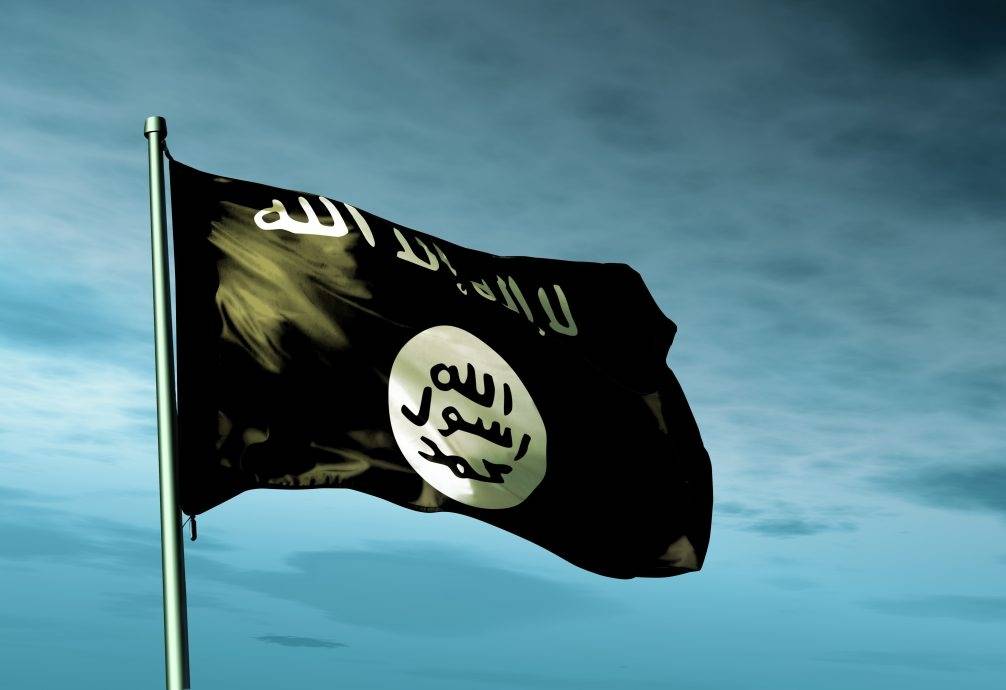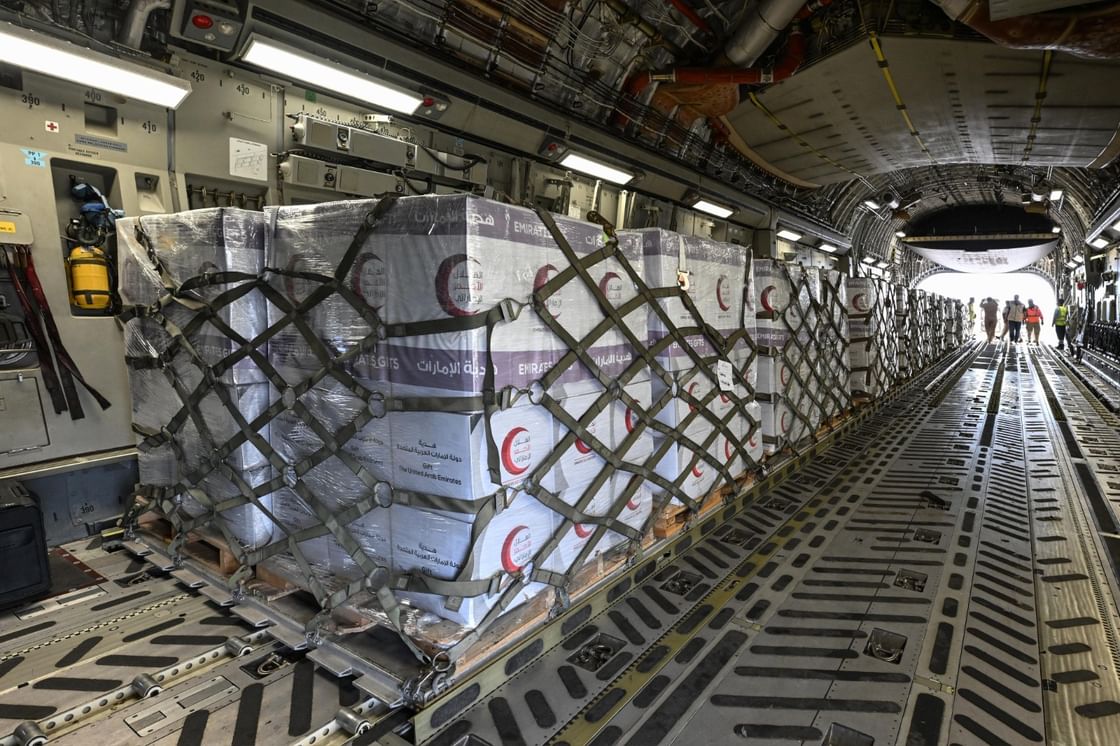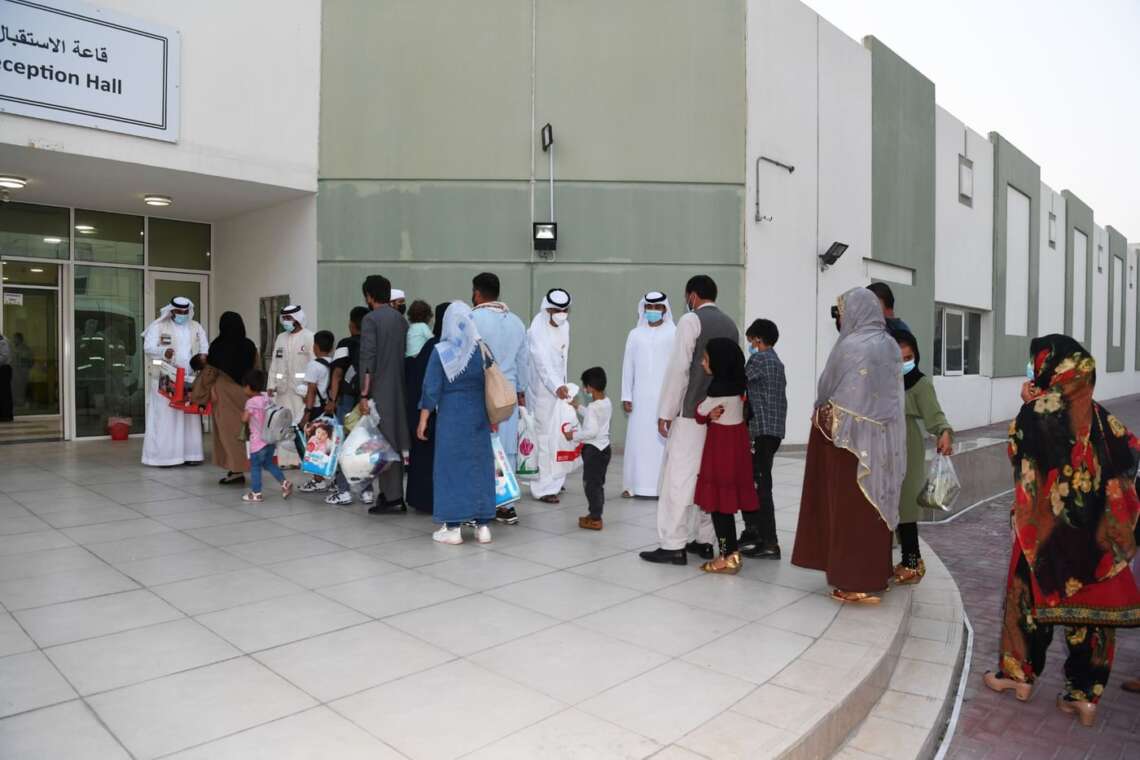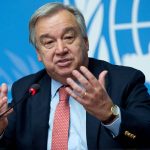Member States estimated that, if Afghanistan descends into chaos, some Afghan and foreign extremists may shift allegiances to ISIL-K…writes SANJEEV SHARMA
The Taliban views ISIL-K as its primary kinetic threat, as the group aims to position itself as the chief rejectionist force in Afghanistan, with a wider regional agenda threatening neighbouring Central and South Asian countries, as per a UN report.
Member States estimated that, if Afghanistan descends into chaos, some Afghan and foreign extremists may shift allegiances to ISIL-K, which continues to be led by Sanaullah Ghafari (alias Shahab alMuhajir), an Afghan national.
Aslam Farooqi, a former ISIL-K leader, escaped from prison and has subsequently rejoined the group in a senior role. The former leader of ISIL-K, Abu Omar al-Khorasani, was killed by the Taliban in August, shortly after it took control of the prison in which he was being held.
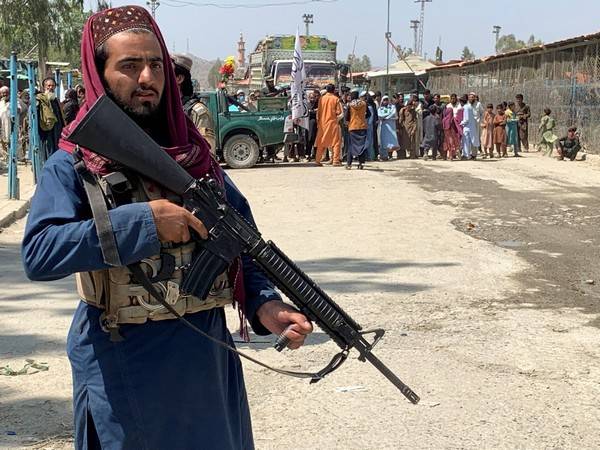
Member States assess that the strength of Islamic State in Iraq and the Levant – Khorasan (ISIL-K) has now risen from earlier estimates of 2,200 to approaching 4,000, following the release of several thousand prisoners. One Member State assessed that up to half of ISIL-K is composed of foreign terrorist fighters. Although the group controls limited territory in eastern Afghanistan, it is capable of conducting high-profile and complex attacks, such as the 27 August bombing at Kabul airport, in which more than 180 people were killed, and several subsequent attacks.
Central Asian terrorist groups Islamic Jihad Group (IJG), Khatiba Imam al-Bukhari (KIB) and Islamic Movement of Uzbekistan (IMU) which actively participated in fighting alongside the Taliban, are now experiencing greater freedom of movement in the country.
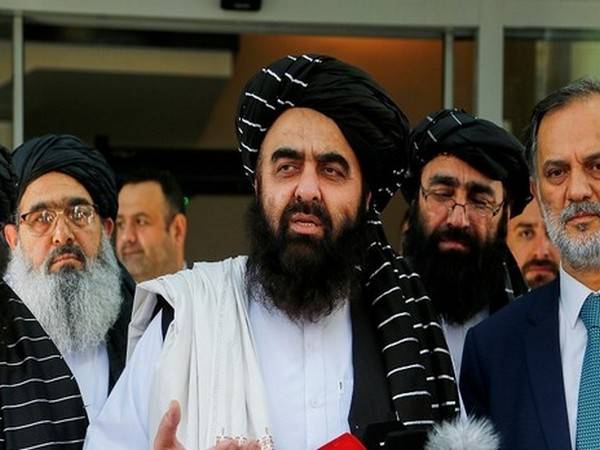
Central Asian embassies based in Afghanistan have observed with concern that several leaders of those groups have travelled freely to Kabul. IJG, led by Ilimbek Mamatov, a Kyrgyz national, and his deputy, Amsattor Atabaev of Tajikistan, is assessed to be the most combat-ready Central Asian group in Afghanistan.
It operates primarily in Badakhshan, Baghlan and Kunduz Provinces. KIB, led by Dilshod Dekhanov, a Tajik national, is currently located in the Bala Murghab district of Badghis Province. The group’s strength has increased through the recruitment of local Afghans.
In September, Mamatov and Dekhanov separately visited Kabul. Each leader lobbied for support from the Taliban to unify the Central Asian groups under their respective leadership, in recognition of their contributions to the Taliban victory. The Taliban reportedly rejected the proposals, preferring to incorporate the groups as distinct military units within the newly established Taliban army, the UN report said.

